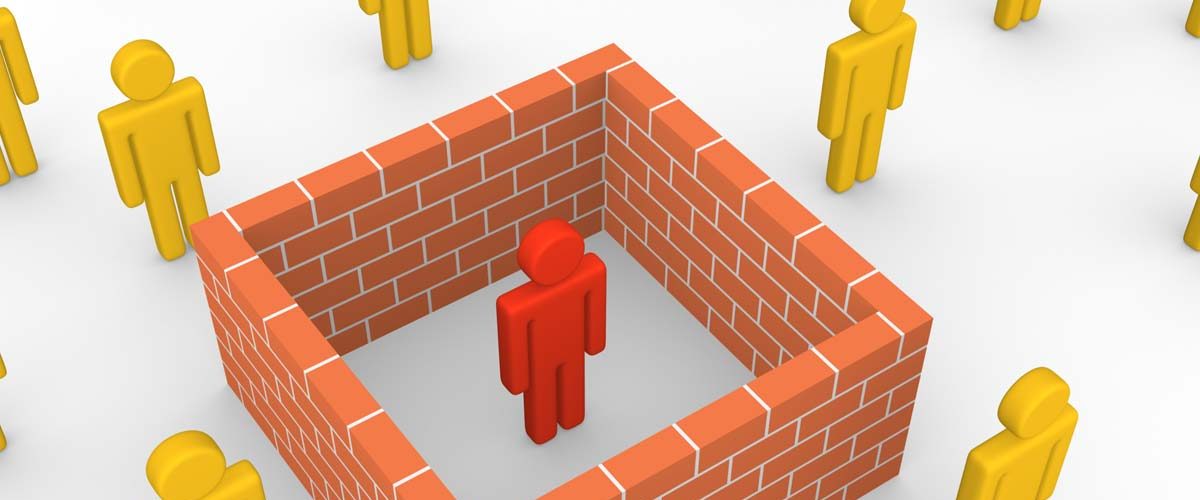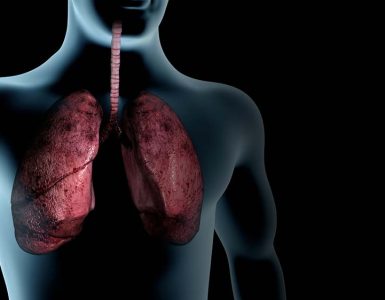A clinical trial has been conducted on mice by the UAB to determine the negative effects of social isolation. The mice subjected to social isolation have been found to have a worsened state of Alzheimer’s disease as compared to the non-isolated ones. Their hyperactivity levels also increased twice the levels of the non-isolated ones. The researchers also confirmed that the isolated mice had asymmetric atrophy of the hippocampus, a vital brain area for memory.
This particular study was titled Death and Mourning Processes in the Times of the Coronavirus Pandemic (COVID-19) and was published in the special edition of Frontiers in Psychiatry. This effort has been dedicated to the assessment of the effects of this pandemic.
Another study aimed to determine the effects of isolation upon elderly patients in the current pandemic scenario. Several behavioral tests of the mice were conducted, and deterioration of the neuro-immuno-endocrine system was reported. These models were then compared with those of isolated elderly patients. The study revealed an abnormal stress response; impaired motor skills function in the isolated mice. The mice were also found to experience anxiety-a neuropsychiatric symptoms associated with dementia.
Negative effects of social isolation upon memory
Socially isolated mice were reported to have higher hippocampal atrophy, greater vulnerability to stress factors, loss of body, renal mass, and spleen mass-an vital organ of the peripheral immune system.
Rethinking of social isolation, especially for elderly patients
The conducted studies will profoundly impact the treatment of elderly patients, especially in terms of redesigning lifestyle, care and rehabilitation modifications, management of forced solitude, and the obligations of caregivers to limit the aggravation of Alzheimer’s disease. This will also lead to the improvement of treatment quality for the patients.
















Great information…!!!
Hence, proved, isolation also effect animals.